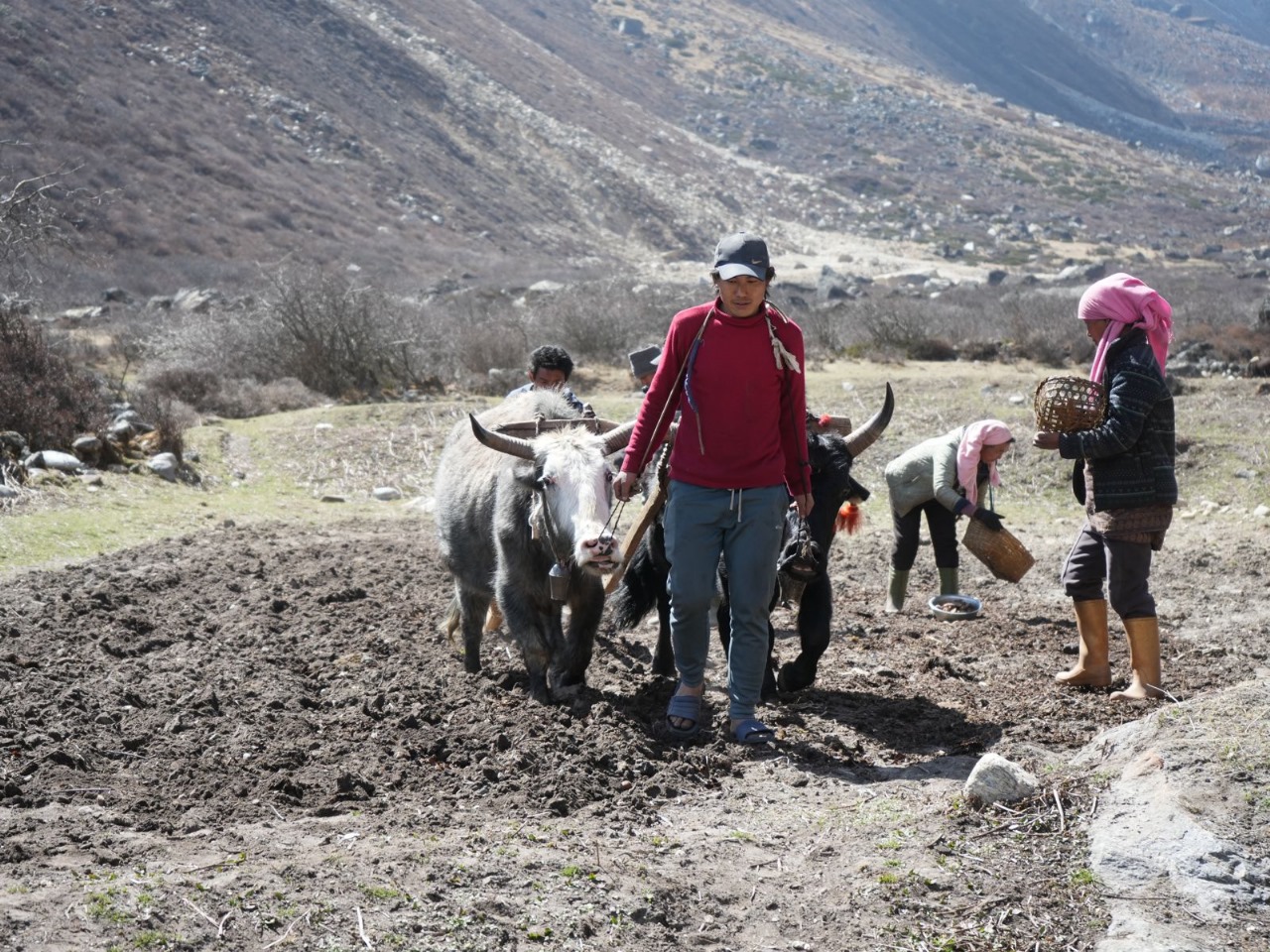Labour laws can often feel complex and overwhelming, especially for small business owners managing many responsibilities at once. However, understanding and complying with labour laws is crucial for creating a fair workplace, avoiding legal penalties, and building a sustainable business.
This guide is specifically created for Nepalese MSME owners and managers to grasp the basics of labour laws relevant to their businesses, helping them protect their employees’ rights and their own interests.
1. Why Labour Laws Matter for MSMEs
- Protects employee rights, fostering trust and loyalty.
- Ensures fair wages, working hours, and safe working conditions.
- Helps avoid legal disputes, fines, or closure due to non-compliance.
- Improves business reputation and can help attract skilled workers.
In Nepal, MSMEs often work informally and may not be fully aware of their legal obligations. This can lead to unintentional violations which could be costly in the long term.
2. Key Labour Laws Affecting MSMEs in Nepal
Some of the most important laws and regulations MSMEs should know include:
- Labour Act, 2017 (2074 BS): Governs employment contracts, wages, working hours, holidays, termination, and worker rights.
- Social Security Act, 2017: Covers social security benefits like insurance, provident fund, and maternity benefits.
- Child Labour (Prohibition and Regulation) Act, 2000: Prohibits employment of children below 14 years in harmful work.
- Workplace Health and Safety Regulations: Sets standards for safe and healthy work environments.
3. Employment Contracts
All employees should have a written contract outlining:
- Job role and responsibilities.
- Working hours and days.
- Wages or salary details.
- Leave entitlements.
- Conditions for termination.
Having clear contracts protects both the employer and employee by setting expectations from the start.
4. Working Hours, Wages, and Leave
- Standard working hours in Nepal are usually 8 hours a day, 48 hours a week.
- Overtime must be paid at higher rates as per the Labour Act.
- Minimum wage rates differ by sector and are set by the government.
- Employees are entitled to paid leave such as annual leave, sick leave, maternity leave, and public holidays.
5. Termination and Severance
Employers must follow legal procedures when terminating an employee to avoid disputes:
- Valid reasons for termination include misconduct, redundancy, or incapacity.
- Advance notice or payment in lieu of notice is required.
- Severance pay is typically mandatory depending on length of service.
- Unlawful termination can result in legal penalties and compensation claims.
6. Social Security and Benefits
Under the Social Security Act, employers must contribute to:
- Provident Fund
- Health Insurance
- Maternity Benefits
- Employment Injury Insurance
These schemes provide financial security to workers and should be implemented even by small businesses when applicable.
7. Child Labour and Forced Labour
- Employing children under 14 in hazardous jobs is strictly prohibited.
- Employers must ensure no forced or bonded labour occurs in their operations.
- Complying with these rules is both a legal and ethical responsibility.
Protecting children and preventing forced labour is not only a legal requirement but also essential for the social well-being of our communities.
8. Health and Safety at Work
Employers must provide a safe working environment by:
- Maintaining clean, hazard-free workspaces.
- Providing necessary safety equipment and training.
- Reporting accidents and following emergency procedures.
9. How to Stay Compliant
- Keep updated on relevant laws and amendments.
- Maintain proper documentation—contracts, attendance, wages paid.
- Train yourself and staff on basic labour rights and responsibilities.
- Consult legal experts or labour offices for guidance when unsure.
10. Consequences of Non-Compliance
- Fines and penalties imposed by government authorities.
- Possible closure of the business or suspension of licenses.
- Damage to reputation and loss of customer trust.
- Legal action by employees, resulting in compensation claims.
Final Checklist: Are You Compliant?
- Do you provide written contracts to all employees?
- Are wages and working hours aligned with legal standards?
- Do you contribute to social security schemes where applicable?
- Is your workplace safe and free from child or forced labour?
- Do you maintain records and follow proper termination procedures?
Additional Resources
- Ministry of Labour, Employment and Social Security Nepal
- International Labour Organization – Nepal
- Nepal Labour Laws Online
Final Note
Understanding and respecting labour laws is not just about legal compliance—it is about building trust with your employees and creating a healthy work environment that supports the long-term success of your MSME. Taking small steps today can save your business from costly disputes tomorrow.


















